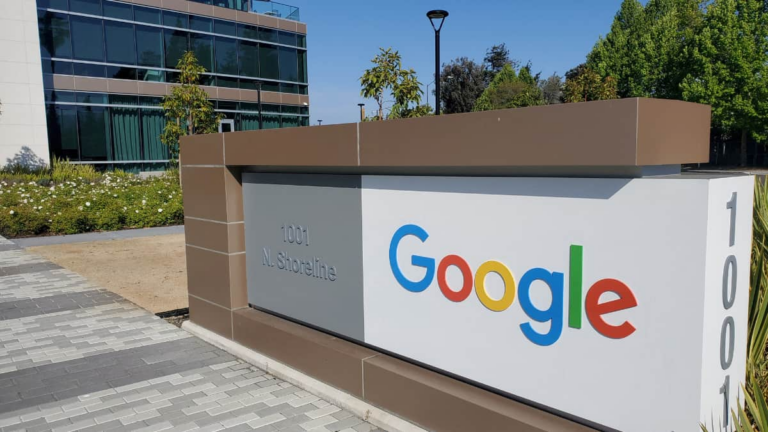
[ad_1]
Google has violated antitrust law by spending billions of dollars to construct an illegal monopoly and become the world’s default search engine, a US judge ruled on Monday (August 8).
This marked the first significant victory for federal authorities in challenging Big Tech’s market dominance.
The ruling sets the stage for a second trial to determine potential remedies, which might include breaking up Google’s parent company, Alphabet (GOOGL.O), possibly reshaping the online advertising landscape that Google has dominated for years.
It also signals approval for aggressive US antitrust enforcers to take legal action against Big Tech, a sector that has been under fire from across the political spectrum.
“The court reaches the following conclusion: Google is a monopolist, and it has acted as one to maintain its monopoly,” U.S. District Judge Amit Mehta, Washington, D.C., wrote.
Notably, Google controls about 90% of the online search market and 95% on smartphones.
This phase could be long, followed by possible appeals to the US Court of Appeals, District of Columbia Circuit and the US Supreme Court. The legal power struggle could play out into next year, or even 2026.
It may be mentioned here, shares of Alphabet fell 4.5% on Monday amid a wide decline in tech shares as the wider stock market cratered on recession fears. Google advertising was 77% of Alphabet’s total sales in 2023.
While Alphabet said it is planning to appeal Mehta’s ruling. “This decision recognises that Google proposes the best search engine, but concludes that we shouldn’t be allowed to make it easily available,” Google said in a statement.
Calling the ruling a historic win for the American people, US Attorney General Merrick Garland said that “no company – no matter how large or influential – is above the law.”
White House press secretary Karine Jean-Pierre said the “pro-competition ruling is a victory for the American people and Americans deserve an internet that is free, fair, and open for competition.”
The ruling marks the first significant decision in a series of cases challenging alleged monopolies in Big Tech. This particular case, initiated by the Trump administration, was presented before a judge from September to November of last year.
In the past four years, federal antitrust regulators have also sued Meta Platforms META.O, Amazon.com AMZN.O and Apple AAPL.O, claiming the companies have illegally maintained monopolies.
(With inputs from agencies)
[ad_2]